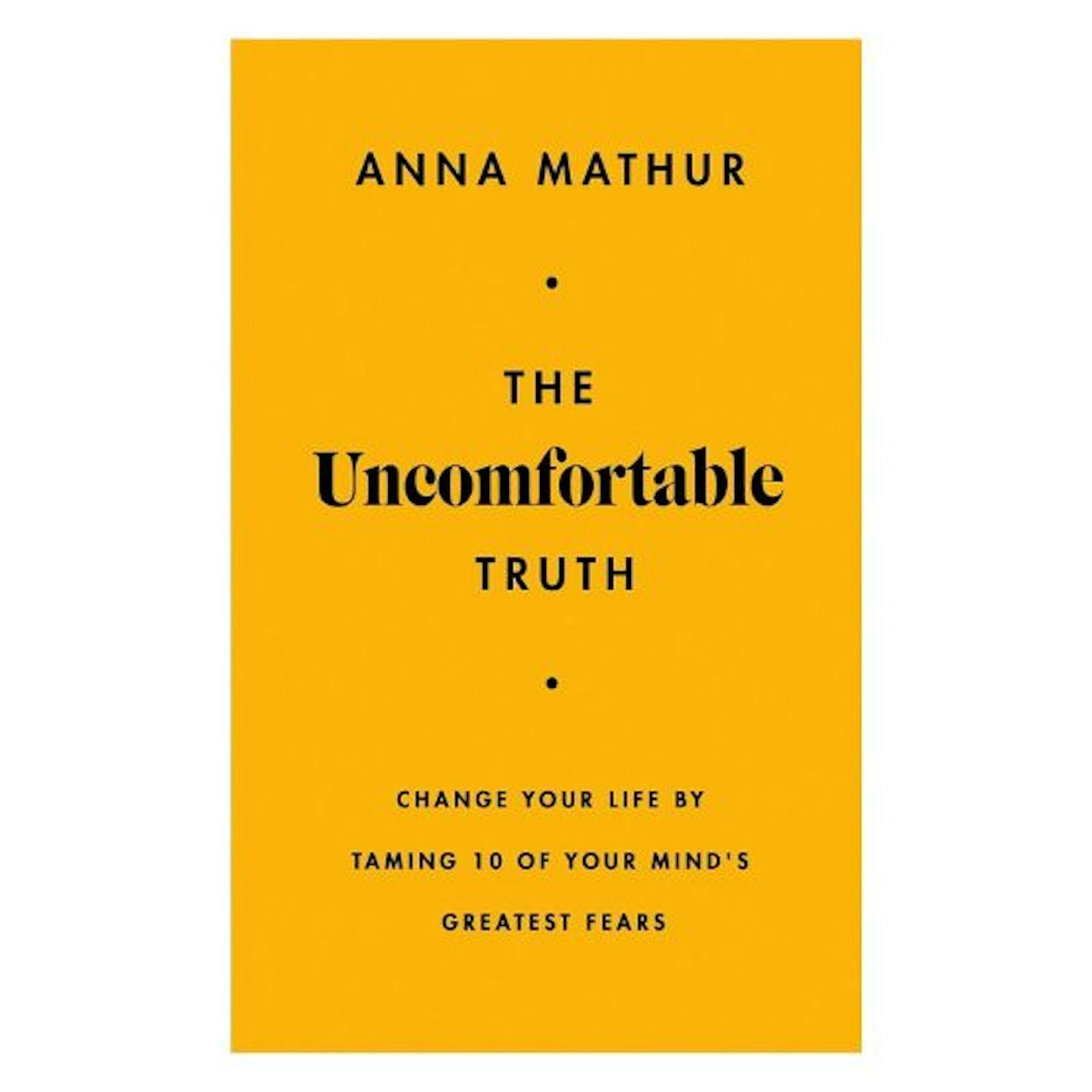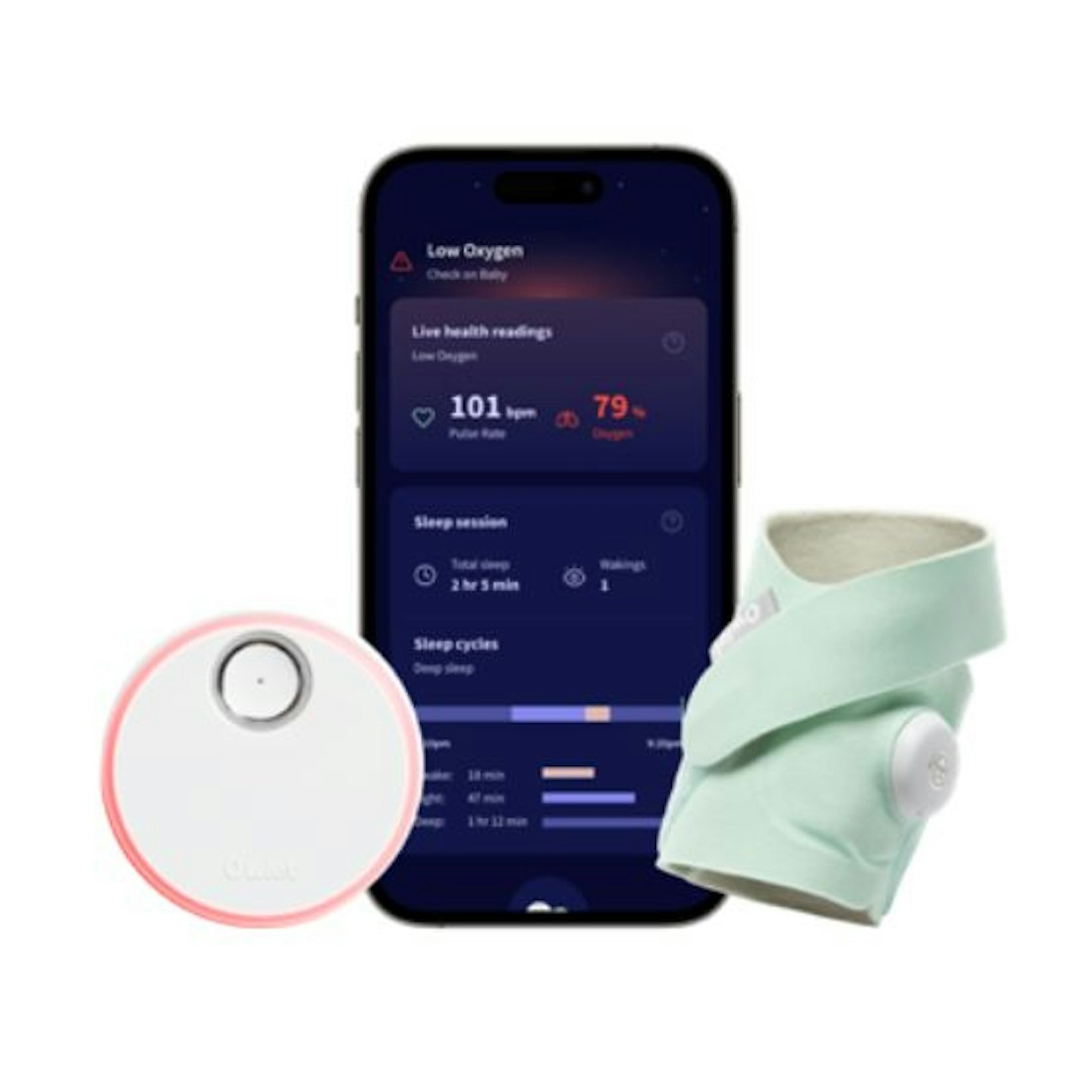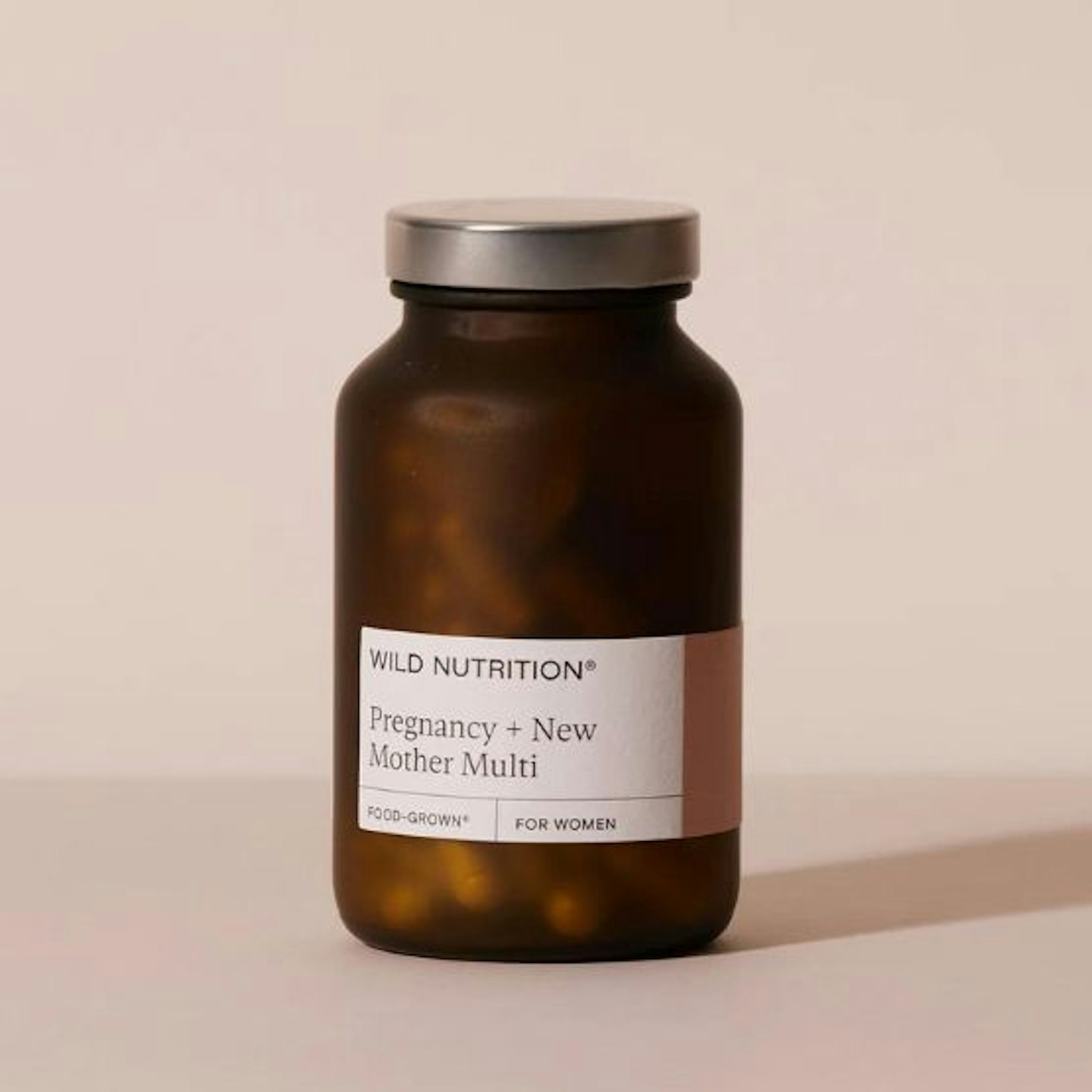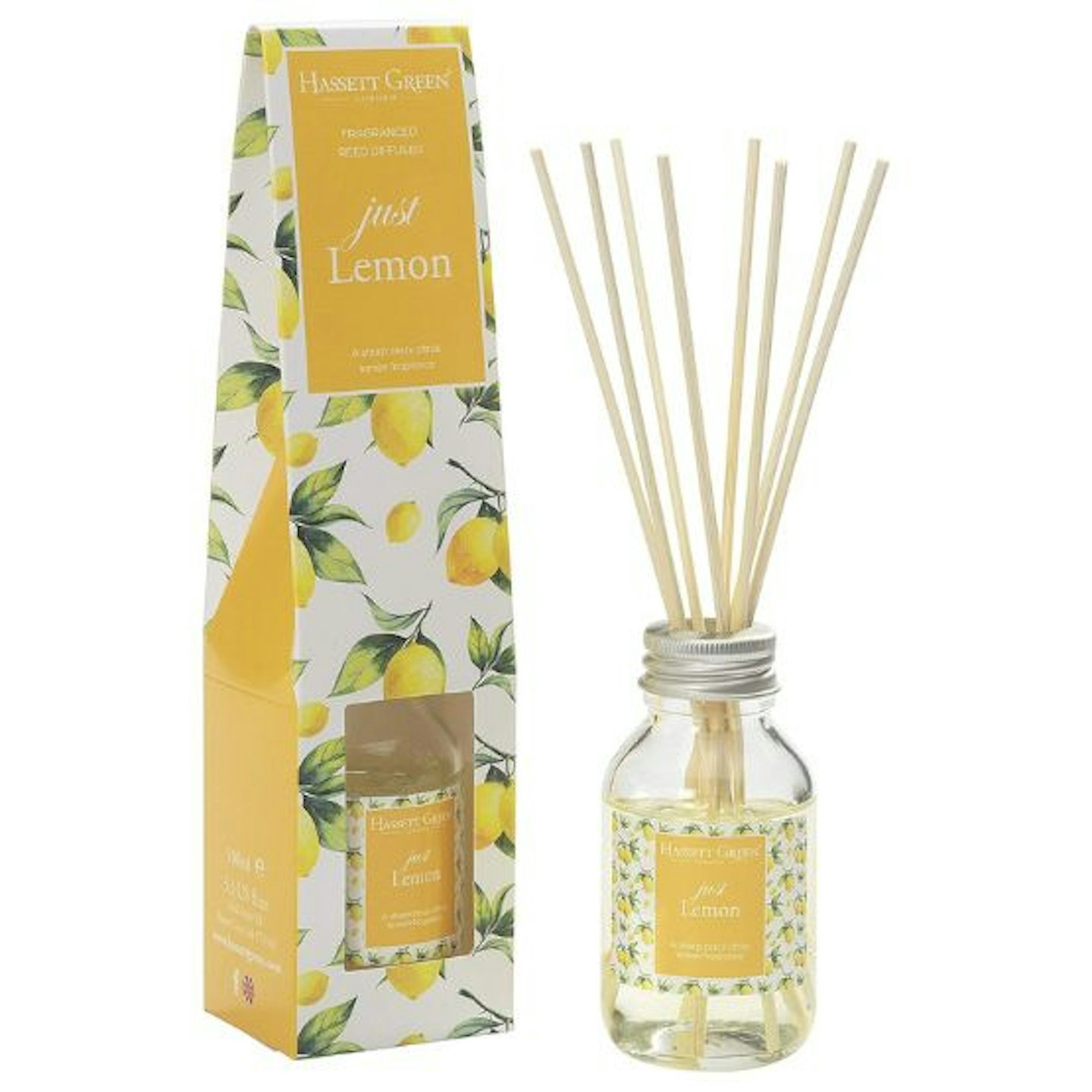Mood changes after birth are common, but what happens when the baby blues stick around? When everyone is telling you what a wonderful time this is, it can be difficult to admit that you might be struggling. While feelings of anxiety are completely normal in the early months – after all, you’ve just been given a new life that is solely reliant on you for its care – sometimes these feelings can become overwhelming or start to impact your day-to-day life. We’ve spoken to a range of experts to find out more about postnatal anxiety, how to deal with postnatal anxiety if it’s affecting you, and how to help yourself or someone with postnatal anxiety.
What is postnatal anxiety?
The first thing to remember if you’re struggling with your mental health in the early months is that you’re not alone. Recent research from Wild Nutrition found that “mental health problems are the most common complication of pregnancy and the postnatal period, affecting 1 in 5 mums”. You’ll probably be aware of postnatal depression, but postnatal anxiety is actually more common, though the mental health charity, Mind, also notes that “it's common to experience depression and anxiety together.”
Pregnancy and childbirth are monumental life events, both physically and emotionally. Becoming a parent requires a huge adjustment, so when you combine the practicalities of that with hormonal changes, sleep deprivation, and the physical effects of birth, it’s clear that mums have a lot to deal with in those early months. But while feelings of anxiety can be perfectly normal, it’s important to be conscious of when these may spill over into a more serious issue. As Crystal Miles from Connected Babies tells us, “We can all feel anxious at times, but when anxiety encroaches on our everyday life or feels excessive, it can be difficult to manage.”
Do I have postnatal anxiety? Signs and symptoms
According to the NHS, anxiety is a natural response to a situation we might see as life threatening or difficult. On the whole, this feeling should stop once you address the situation or it changes. But on occasion, these feelings of dread or danger remain and can start to affect how you think and act in everyday life.
If your concerns about becoming a parent start to have an impact on your day-to-day life, you might be suffering from postnatal anxiety. According to PANDAS, postnatal anxiety symptoms can be both physical and psychological and can include:
• Dizziness
• A fast or irregular heartbeat
• Headaches
• Nausea
• Pins and needles
• Restlessness
• Panic attacks
• A sense of dread
• Irritability
• Difficulty falling asleep
If you think you may be experiencing postnatal anxiety, it’s important to seek help as soon as possible. Speaking to your GP, midwife or another health professional, or even opening up to a friend, partner or family member can be a vital first step to getting the help you need.
What causes postnatal anxiety?
As mentioned before, pregnancy and adjusting to life as a parent is a huge life change. As Crystal says, “many mothers can feel anxious around giving birth, the pregnancy itself and the adjustment to becoming a parent. When we combine this adjustment with a cocktail of hormones, sleep deprivation, birth recovery or trauma, learning to feed, and often a lack of support, it's easy to see why approximately 15-20% of new mothers can experience postnatal anxiety.” While all new mothers can be affected by postnatal anxiety, “you may be at higher risk if there is a personal or family history of anxiety, you have suffered physical or mental abuse in the past, are under a lot of stress or had a complicated pregnancy or birth” notes Crystal.
Gail Madalena, Nutritional Therapist and Fertility and Postnatal Expert at Wild Nutrition agrees. "Certain risk factors are associated with postnatal anxiety. It is often more prevalent in women who have experienced fertility issues, had difficulty conceiving, or encountered recurrent miscarriages in the past. There are also higher instances if you have a history of mental health issues, went through a difficult pregnancy, birth experience and lack of support or ‘parenting village’ surrounding you. A culmination of all of the above can lead to feelings of isolation, frustration and overall poor mental health” she says.
How long does postnatal anxiety last?
The "baby blues" typically subside within a couple of weeks after birth, but postnatal anxiety can persist for months or even years if left untreated. The duration varies greatly from person to person and can depend on a range of factors such as the severity of the symptoms and access to support.
"There's no set timeline for recovery," says Gail. "The key to minimising the lasting effects is recognising and acknowledging the symptoms and getting help and support from loved ones and healthcare providers as early as possible. Having this support network can be crucial in recovery from postnatal anxiety."

How to deal with postnatal anxiety?
Find your ‘Village’
As Crystal points out, “many cultures practise postnatal rituals involving a period of time, often around 30-40 days, where mothers and babies stay at home, are looked after, nurtured and guided as they recover and can focus on their new baby. Sadly in the Western world we are encouraged to spring back and be productive.”
While staying at home for a month may not be possible, finding a support network is key, whether that’s family, friends, or new mum friends you could meet on apps like Peanut. Anna Mathur's 'The Mum Ribbon Movement' is another great way of identifying potential mum friends and alleviating any loneliness you might be feeling.
Make time for self-care
While Wild Nutrition’s research found that 50% of women admit feeling ‘guilty’ when they take time out for themselves, making time for yourself is crucial to managing postnatal anxiety. As the old saying goes, ‘you can’t pour from an empty cup’.
Gail also notes that looking after your nutritional needs is vital. “It's important to note that postnatal anxiety can occur when there is ‘not really much to worry about’ because anxiety can be very biochemical and simply be a side effect of the hormonal shift associated with giving birth, breastfeeding and change or disruption to sleep/waking patterns." She goes on to say that this can be exacerbated by not looking after your needs as well as your baby's. "Nutrition may play a role in this when it's typical for mothers not to be looking after their own dietary needs: skipped meals, low nutrient content meals, nutrient deficiencies and insufficiencies that have carried over from the pregnancy or have begun in the postnatal period” she explains.
Practise infant massage
Bonding with your baby can help alleviate your own feelings of anxiety and a baby massage class is a great way to both bond with baby and make new mum friends for that all important 'village'. Crystal notes that “evidence based practices such as infant massage have been shown to help to reduce the incidence and symptoms of postnatal illness as well as boosting parental confidence and self-esteem by helping parents to understand their baby's unique language.” She goes on to say that this is because “massage and cuddles release oxytocin, a hormone which can reduce anxiety and support bonding.”
Keep active
Physical activity can help both body and mind, releasing chemicals in your brain that raise your self-esteem and help you to sleep better. So if you’ve been given the all-clear to exercise by your doctor (normally at your 6-week postnatal checkup), then this can be a good way of helping with depression and anxiety.
As Mari-Carmen Sanchez Morris, pre and postnatal women’s health expert and founder of FIT MAMA tells us, “where possible, and if you feel ready, try to move your body. Getting regular exercise can have huge benefits for our mental health, with studies showing that it can ease symptoms of anxiety. When we exercise, our bodies release endorphins – the natural chemicals that elevate our mood and reduce stress”.
This doesn’t have to mean strenuous, high-impact exercise. There are many postnatal exercises you can try. Gentle walks are something you can do from (almost) day one and as the Mental Health Foundation notes, doing this outside is even better as research shows that being in nature can make us feel happier. Mari-Carmen echoes this, “We should never underestimate the power of walking; try taking your baby for a stroll in the pram whilst they’re asleep. Studies have shown that daylight plays an important role in mental health and reducing anxiety, as many of the neurotransmitters that influence how we feel are impacted by light.”
Gail notes that you can combine with this with time with friends, saying "it also helps if you can do this with a mum friend who can offer support and will likely be in a similar situation."
Therapies
Postnatal anxiety treatment often involves a combination of approaches:
-
Therapy: Cognitive Behavioural Therapy (CBT) is particularly effective for postnatal anxiety. It helps mothers reframe negative thought patterns and develop coping strategies.
-
Medication for postnatal anxiety: In some cases, antidepressants or anti-anxiety medication may be prescribed, especially if symptoms are severe.
-
Post-natal anxiety counselling: Talking to a counsellor or therapist who specialises in maternal mental health can be a lifeline. They can offer personalised strategies for managing anxiety.

How to help someone with postnatal anxiety
If someone you love is struggling with postnatal anxiety, the key is to offer non-judgmental support. "First and foremost, always ask them what they need or how you can help, rather than deciding for them. This can support them to feel more in control of themselves and shows that you are listening to their needs" suggests Mari-Carmen. "For example, you might think that you are helping by offering to care for their baby so that they can get some sleep, but this might make them feel guilty or incapable and could exacerbate their anxiety. So, let them guide you on how best to offer support."
Gail Madalena explains that while "providing emotional support is important - listening to their worries and offering guidance when you can - it’s also important to recognise when professional help may be needed and encourage them to seek it, supporting their recovery journey without judgement or making them feel like a failure."
Mari-Carmen agrees that it's important to help and encourage them to seek professional help, attend postnatal anxiety therapy, or explore support groups which can be crucial in their recovery. "Getting professional help can feel daunting, so offer to go with them to their appointments, or help them research different options for support." But she also notes that providing support can be as simple as just doing things together. "You could also suggest activities, for you to do together, which prioritise their mental health such as yoga, meditation or going for a stroll in the local park."
"Ultimately, make it clear that you are there for them, continually checking in to offer reassurance and remind them that they are doing a great job as a mother. Your consistent support and validation can make a significant difference in their journey" says Gail.
Products to help with postnatal anxiety
 Amazon
AmazonThe latest book from Psychotherapist, Anna Mathur, The Uncomfortable Truth is the follow up to her best-selling books, Raising a Happier mother and Know Your Worth.
The Uncomfortable Truth examines how our fears are based on the unavoidable truths of life; all things reach an end, bad things happen, and we lack the control we crave.
Using her experience as a psychotherapist, she promotes an acceptance of our anxieties rather than an avoidance. Through using this approach, she's helped clients and herself to live more intentionally and peacefully.
This book allows you to face your fears one a chapter at a time, and discover who you are without worry, doubt and people-pleasing holding you back.
 Owlet
OwletThe new Medically-Certified Owlet Dream Sock™ smart baby monitor offers peace of mind to anxious parents. The advanced technology is designed to wrap around your baby's foot and provide real-time monitoring of pulse rate, oxygen levels, sleep patterns, and more. It connects to the Owlet Dream App and base station, to offer insights and immediate alerts when your baby needs attention. With 40% of parents saying they can’t sleep when their baby is asleep due to overwhelming worries about their safety, the Owlet provides confidence so you can sleep more deeply knowing they're being monitored.
 Wild Nutrition
Wild NutritionWild Nutrition's Food-Grown® Pregnancy + New Mother Multi is a comprehensive blend of vitamins and minerals, Folate and Iron, to offer nutritional support for you and your baby through your pregnancy and into the all-important fourth trimester. This can help nourish your body with vital macro and micronutrients which will help rebalance deficiencies and also help counteract the additional nutrient demands of this life stage.
Gail Madalena notes that you can also add in calming botanicals, such as Ashwagandha, which enables our body to better adapt to stressful situations and can calms down the nervous system response. (Ashwagandha should not be used in pregnancy but is fine for postpartum and breastfeeding mothers). Magnesium is another mineral that can promote relaxation, supporting a healthy mood and calming frazzled nerves.
 Amazon
AmazonLemon is a scent has some amazing benefits, including helping to reduce anxiety, which in turn can help you to sleep better. A lemon reed diffuser can fill your home with the positive, uplifting scent of lemon, hopefully lifting your spirits a little.
Postnatal anxiety is a difficult and often lonely experience, but it is treatable. Whether through therapy, lifestyle changes, or building a supportive community, mums can find relief and begin to enjoy motherhood again. If you are struggling, remember that asking for help is a sign of strength, not weakness.
For further resources and postnatal anxiety support, consider contacting organisations such as PANDAS (Pre and Postnatal Depression Advice and Support), MIND, or Anxiety UK.
Your mental health matters. Prioritise self-care, seek support, and remind yourself that you are not alone. Postnatal anxiety can be overwhelming, but with the right help, it is possible to manage and overcome it.
About the experts
Mari-Carmen Sanchez-Morris is the founder of the FIT MAMA app and a pre and postnatal health expert. After working as a Paediatric Intensive Care nurse, her own maternity experiences in 2017 inspired her to pursue a career in pre and postnatal fitness, becoming a certified personal trainer to support women in their fitness journeys. With her medical background and personal experience, she empowers women to reclaim their strength and identity. As a mother of three, she is passionate about making health and fitness resources available to all mothers.
Crystal Miles is the founder of Connected Babies, a Nutritional Therapist (specialising in pregnancy and fertility) a Doula, Hypnobirthing Teacher, Breastfeeding Specialist, 3-Step Rewind Practitioner (healing birth trauma), Certified Infant Massage Instructor and Trainer, Baby Yoga teacher and most importantly a Mum of two (plus a fur baby!).
Gail Madalena is a registered Clinical Nutritional Therapist specialising in fertility, pregnancy and postpartum nutrition and is part of the expert consultation team at Wild Nutrition. She has extensive experience providing the latest, safest, and most scientifically backed nutrition, supplementation, and lifestyle advice. Her expertise helps women optimise conception, maintain healthy pregnancies, and navigate the challenges of postpartum life with confidence.
Rebecca Lancaster is a Digital Writer for Mother&Baby, drawing on ten years of parenting her two children to help others navigating their own parenting journey. As a freelance writer, she spent ten years working with leading lifestyle brands, from travel companies to food and drink start-ups, and writing everything from hotel reviews to guides to the best British cheeses. She’s particularly interested in travel and introducing her children to the excitement of visiting new places, trying different foods (less successfully) and experiencing different cultures.
